
Table of Contents
What are the dog poisoning symptoms?

Certain typical dog poisoning symptoms include:
- Gastrointestinal problems such as:
- Vomiting
- Diarrhea
- Lethargy
- Bruising or bleeding
- Seizures
- Respiratory distress
- Changes in behavior
- Unconsciousness
- Death
- respiratory distress
Dog poisoning symptoms can differ depending on the type and amount of toxin ingested or inhaled by the dog. There is no definitive indicator to diagnose the condition without first knowing what it is. It’s vital to be vigilant and seek veterinary care promptly if you notice any of these symptoms in your furry friend.
How do I know if my dog ate something bad?
In order to detect dog poisoning, you must be sure of the dog’s general condition. Some clinical signs can be warning signs, although not all of them are always signs of poisoning:
- Gastrointestinal Issues (diarrhea, vomiting, excessive salivation)
- Neurological Issues (loss of balance, tremors, convulsions, coma)
- Blood coagulation Issues (abnormal bleeding)
If you see these symptoms in your dog, don’t doubt that your dog has eaten something poisonous or bad, and you should take action for its health.
What happens if my dog is poisoned?

It’s essential to take your dog to the veterinarian immediately if you suspect that they have been poisoned.
If you observe dog poisoning symptoms in your dog, many different things could happen depending on the poison your dog took. It also depends on the amount of poison absorbed and the animal’s digestive system.
The veterinarian may perform diagnostic tests, such as blood work or imaging, to determine the type of toxin involved and the extent of the damage. Treatment may include inducing vomiting, administering activated charcoal or other medications to bind and eliminate the toxin, providing supportive care to manage symptoms, and hospitalization if necessary.
How long does it take for the poison to affect the dog?
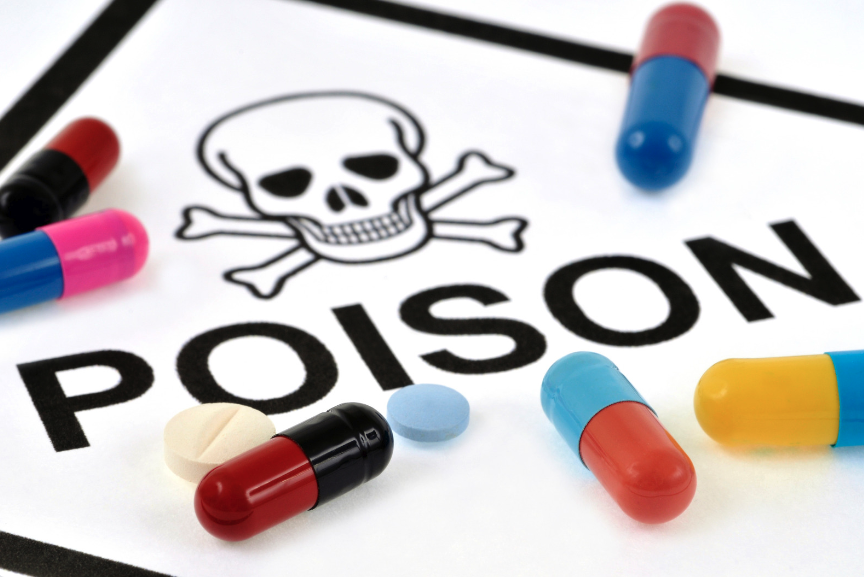
Dog poisoning symptoms can appear at different times depending on the type of toxin ingested and the amount consumed. For instance, if a dog ingests chocolate, the symptoms may become noticeable within a few hours, while symptoms from ingesting antifreeze may not appear for several hours or even days. The rate at which the toxin enters the bloodstream and the quantity consumed can also influence how quickly the poison affects the dog.
How soon can pet owners recognize the signs of poisoning?
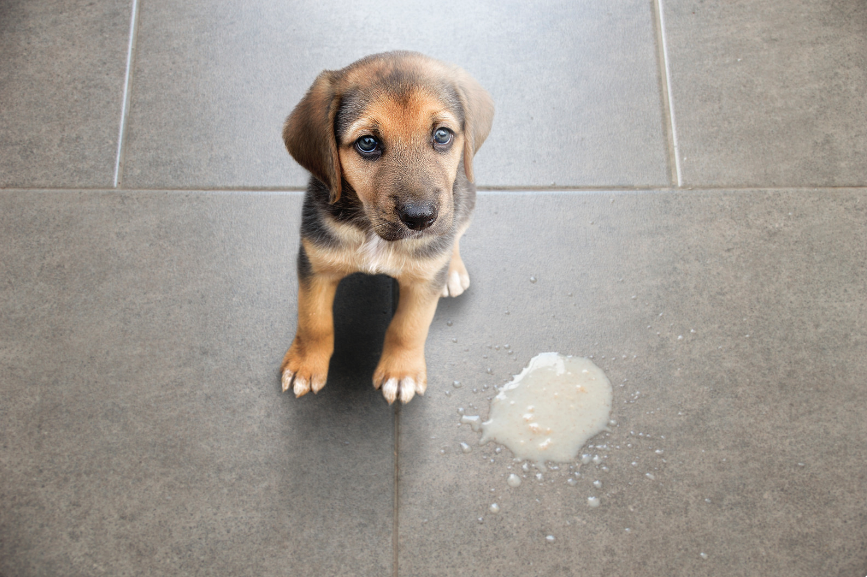
Pet owners can recognize the signs of poisoning as soon as the symptoms become noticeable in their pets. The timing of when the symptoms become evident can vary depending on the type of toxin and the amount consumed. Some symptoms may appear within minutes of ingestion, while others may take hours or even days to manifest.
How to Keep Your Dog Away From Poisoning
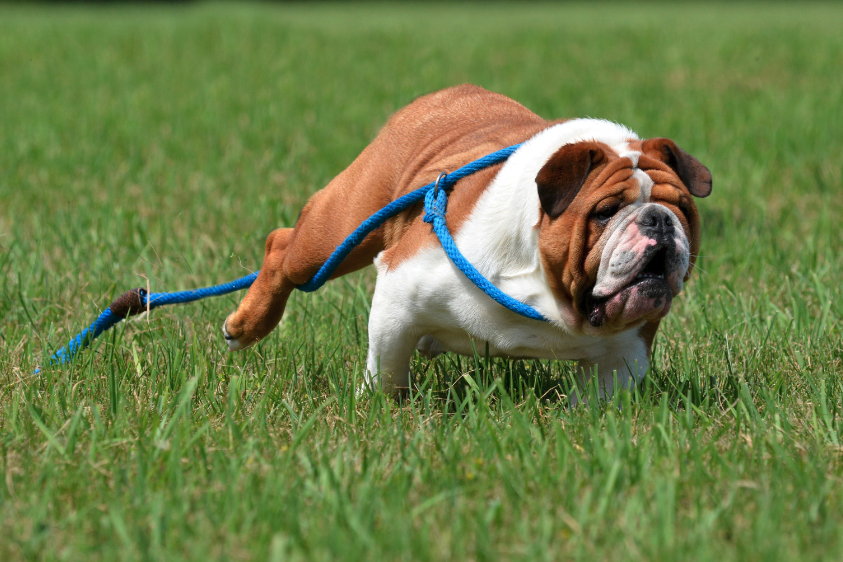
Dogs are known for their curious nature and love for exploring their surroundings. While this can be an endearing quality, it can also be dangerous if they come into contact with poisonous substances. To keep your furry friend safe, it’s essential to understand the most common sources of dog poisoning symptoms in dogs and how to prevent them. In this article, we’ll discuss some tips for keeping your dog away from poisoning.
1. Keep poisonous substances out of reach
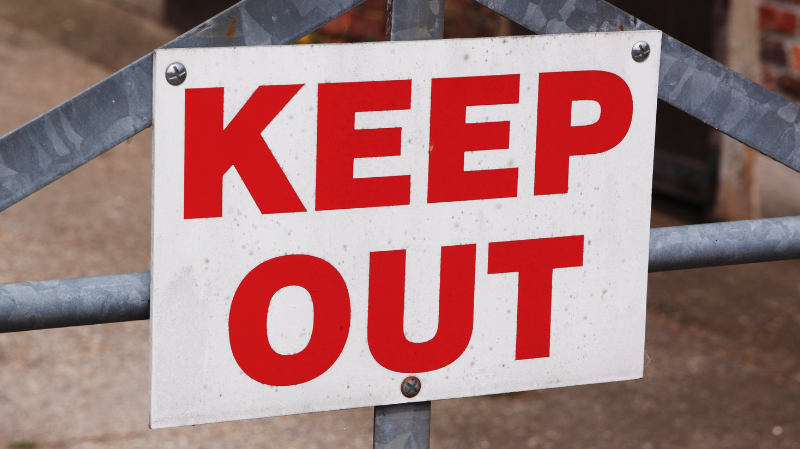
The first and most important step in preventing your dog from poisoning is to keep poisonous substances out of reach. This includes chemicals like pesticides, cleaning supplies, and medications, as well as plants and foods that are toxic to dogs. Make sure to store these items in a secure place where your dog cannot access them, and always supervise your dog when they are in areas where these items are present.
2. Know which plants are toxic to dogs
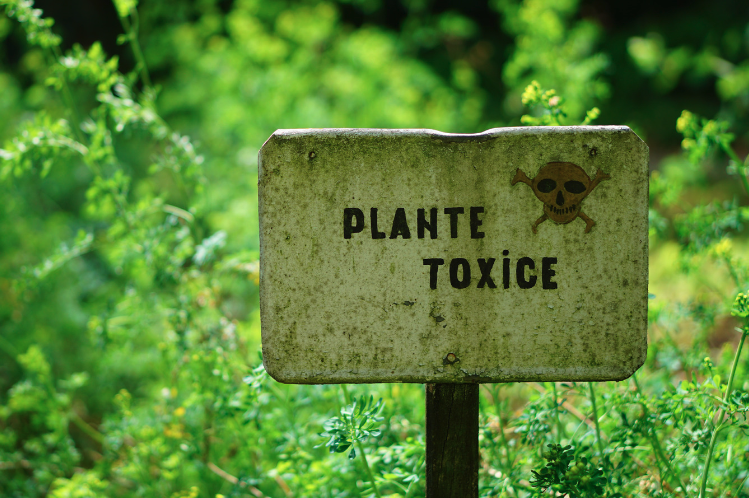
It’s important to be aware of dog poisoning symptoms caused by common plants and flowers that are toxic to dogs. Lilies, azaleas, tulips, and daffodils are some of the most common plants that can cause serious health problems if ingested by dogs. Pet owners should research the toxicity of any new plants they intend to bring into their homes and consider alternative options if they are toxic. Additionally, it’s crucial to ensure that dogs are kept away from any poisonous plants or flowers in the yard to prevent accidental ingestion.
3. Watch what you feed your dog
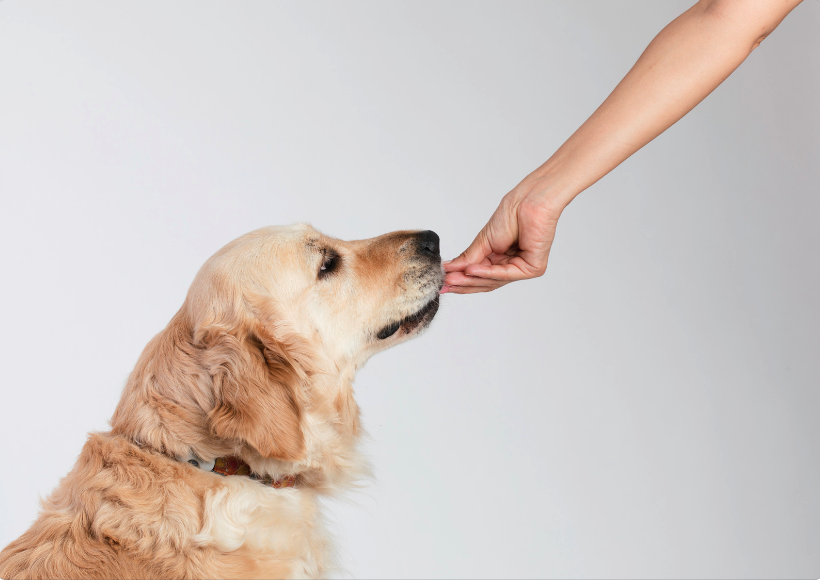
Dogs can also be poisoned by ingesting human food that is toxic to them. Some common foods that can be toxic to dogs include chocolate, grapes and raisins, onions and garlic, and avocados. It’s essential to keep these foods out of reach of your dog and never to feed them to your pet. When in doubt about what foods are safe for your dog, consult with your veterinarian. If you notice any dog poisoning symptoms, contact your veterinarian immediately.
4. Be careful with medications
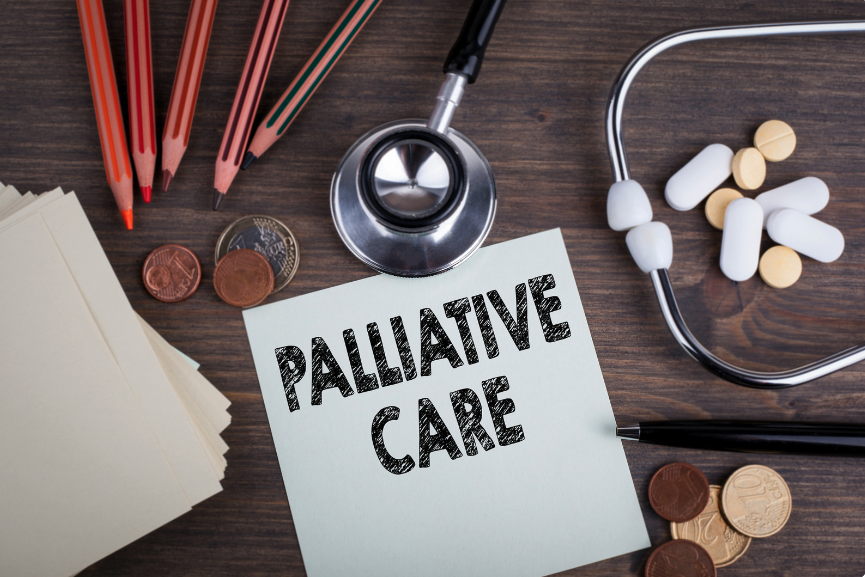
Medications, including over-the-counter and prescription drugs, can be toxic to dogs if ingested. It’s essential to keep all medicines out of reach of your dog and always follow the label instructions for safe storage. If you need to give your dog medication, always do so under the guidance of a veterinarian to ensure it is safe and effective.
5. Keep your home and yard free of poisons

In addition to being careful about what you bring into your home, it’s also essential to keep your yard free of toxic substances. This includes making sure your yard is free of harmful chemicals like pesticides and fertilizers, as well as making sure no toxic plants or flowers are growing in the area. You should also check your yard regularly for any signs of toxic mushrooms or other poisonous substances that could cause dog poisoning symptoms to your dog.
6. Keep your dog on a leash when outside
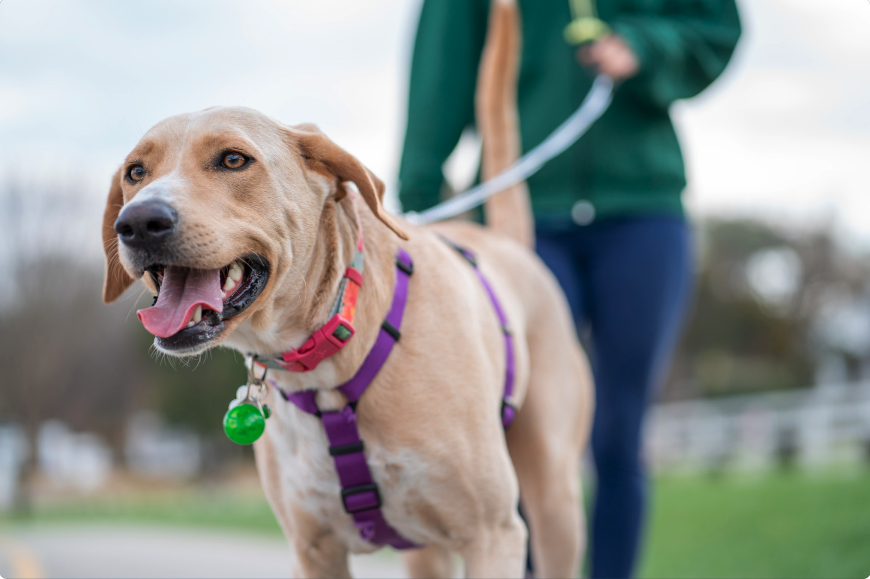
When outside, it’s essential to keep your dog on a leash to prevent them from accessing dangerous substances. This will also prevent them from running away and coming into contact with toxic substances or other hazards. If your dog must be off-leash, make sure they are in a secure and safe area where it cannot access harmful substances. It’s important to monitor your dog’s behavior and look for any dog poisoning symptoms.
7. Know the signs of poisoning
It’s essential to know the signs of poisoning in dogs so that you can take action if your pet has been exposed to a toxic substance. Some common poisoning symptoms in dogs include vomiting, diarrhea, excessive drooling, and changes in behavior or behavior patterns. If you suspect your dog has poisoning symptoms, it’s essential to seek veterinary care immediately. Look out for any dog poisoning symptoms, such as lethargy, loss of appetite, or seizures, as these can be signs of more severe poisoning.
8. Keep the number for the ASPCA Animal Poison Control Center handy

In case of an emergency, it’s essential to have the number for the ASPCA Animal Poison Control Center handy. If you notice any pet or dog poisoning symptoms, This center is staffed by veterinarians who can provide information and advice on what to do if your dog has been poisoned. They can also help you determine the severity of the situation and whether you need to seek immediate veterinary care.
9. Provide a safe and stimulating environment for your dog

Finally, it’s important to provide a safe and stimulating environment for your dog to prevent them from seeking out and ingesting dangerous substances. Ensure your dog has plenty of toys and other activities to keep them occupied and entertained and provide plenty of exercise and playtime to keep them physically and mentally stimulated.
In conclusion, preventing your dog from being poisoned requires a combination of common sense and proactive steps. By keeping poisonous substances out of reach, being aware of toxic plants and foods, and providing a safe and stimulating environment for your pet, you can help keep your furry friend safe and healthy. If you suspect dog poisoning symptoms, seek veterinary care immediately to ensure the best outcome for your pet.
Contact Us
If you need any further assistance or have any questions regarding our commercial dog kennels, outdoor dog kennels, or anything else on our website, please contact us, and we will be sure to help you find the dream dog kennel that you have been looking for.



